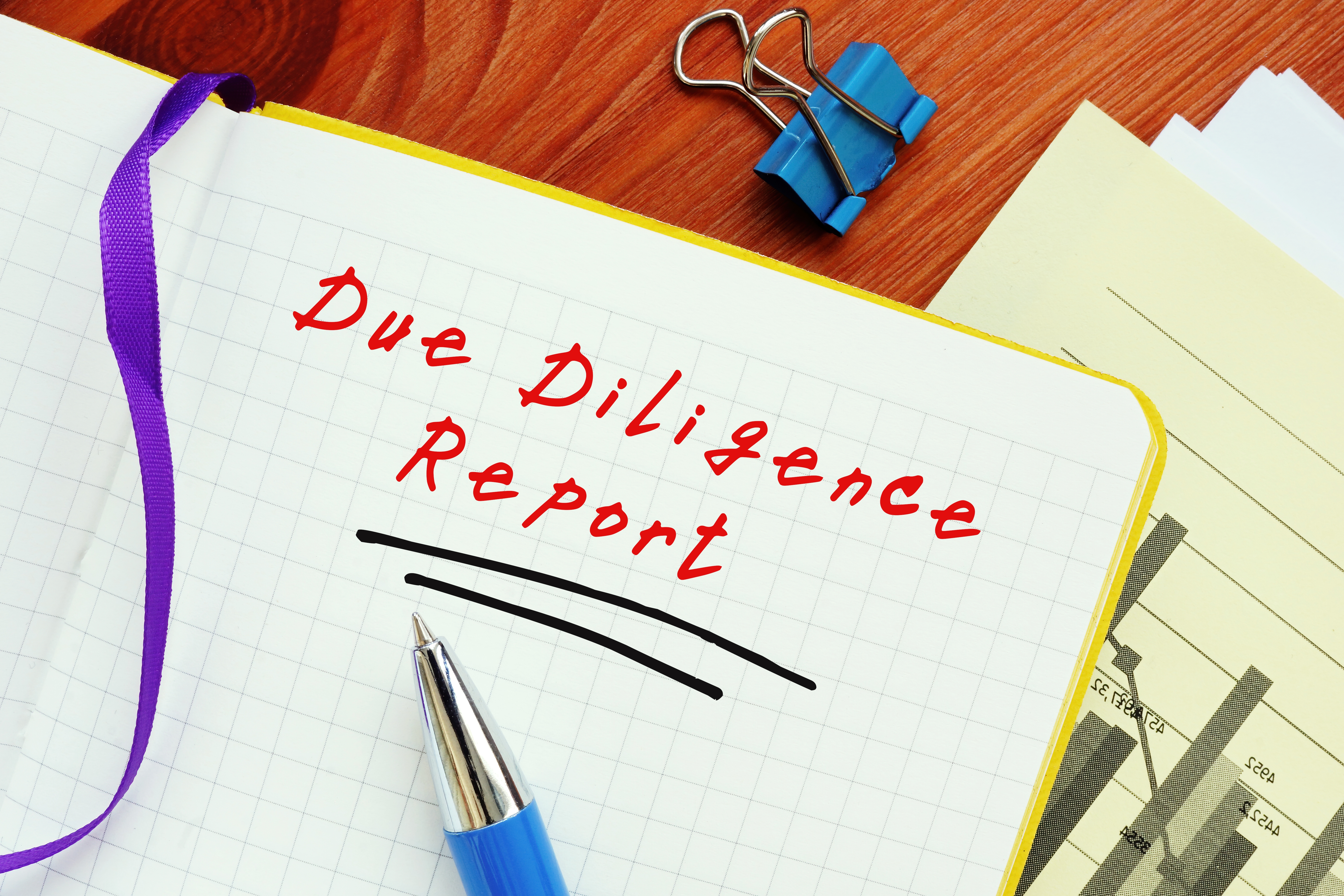Need for Financial Due Diligence
“ An investor can afford the cost of such a detailed report but not that of a bad acquisition”.
When doing any mergers and acquisitions, it is important for the investor to conduct the “due diligence” of the company with respect to the historical and forecasted activities of a potential target company. Financial diligence includes insights and inquiries into the financial, commercial, human resources, regulatory, tax, legal and environmental affairs of the enterprise.
It should not be mistaken for an audit. When an audit gives us an opinion on the historical financial conditions which are presented fairly showing the financial position of the company. On the other hand, Financial due diligence, goes deeper to understand the reasons behind the historical and forecasted trends in the company, and tells us how relevant these trends are to the investor.
But the scope of financial due diligence often varies from business to business depending on the size of the market and industry in which the target company is working. Generally, the scope includes an analysis of the historical financial statements (i.e., the sustainability of historical earnings before “EBITDA” or interest, taxes, depreciation and amortization), working capital requirements, financial debt and liabilities, quality of net assets, capital expenditure requirements, and forecasted financial results.
Based on the study of the company we get a report of the due diligence of the company which a purchaser should be able to assess, based on their risk profile, and check whether there are any deal breakers or, whether the structure and price of the acquisition is appropriate or not or whether appropriate warranties and representations are included in the purchase agreement.
Financial due diligence is an investigation of the company or business you are interested in buying or investing. This is done to confirm if the investment you are going to make is actually worth it or not.
The financial due diligence aims at providing the company’s economic earnings, historic sales & operating expense trends, historic capital needs, and forecasts of the company to the potential investors. This is very different from audits, where they provide an overview evaluation of the company to the potential investor, and financial due diligence comments on what is the main focus of the investor.
When do I need to conduct financial due diligence?
Ideally, the financial due diligence process should commence as soon as possible, this process should be undertaken whenever a purchaser is considering acquiring a new business or when negotiating to acquire a business. It can also be done when an expression of interest or letter of intent has been given by the investor or it has been agreed by both the purchaser and the target, that is when the financial due diligence should begin.
What will you achieve after doing a financial due diligence review?
Financial due diligence provides valuable information to support a fair purchase price of the business and ensures the appropriate warranties and representations are included in the purchase agreement provided it is done properly. Also, to complete a successful transaction It identifies various issues that the purchaser and vendor should address. Nowadays, a third-party due diligence report is increasingly becoming popular for investors to provide financing to a transaction.
“ An investor can afford the cost of such a detailed report but not that of a bad acquisition”.
All the very best to entrepreneurs across the globe, let’s make this world a better place for us as well as for our coming generations!
Thanks for reading!
